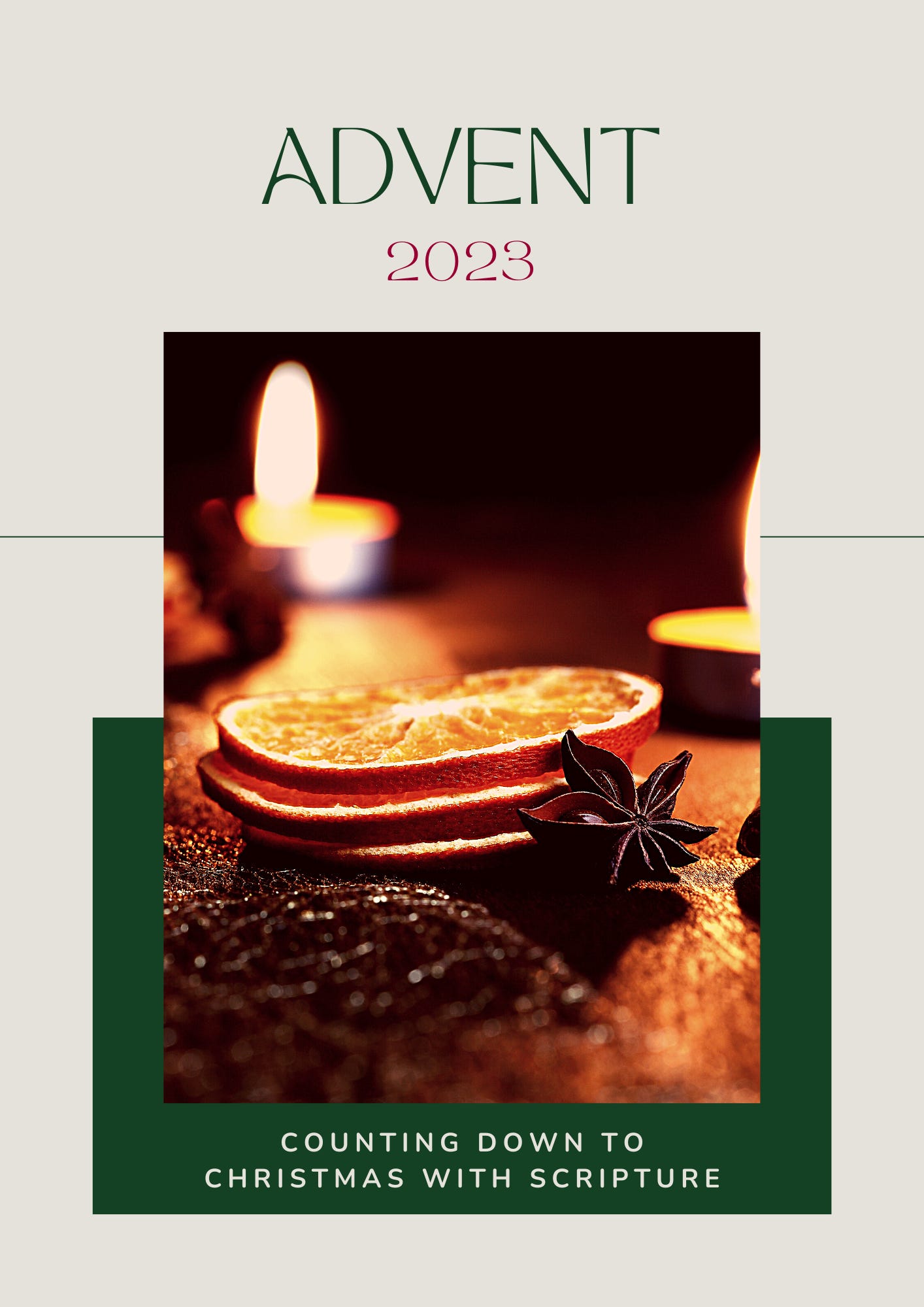Prepare Him Room
Seeking out the Jochebeds and the Marys in a world full of Pharoahs and Herods
Pharaoh and Herod had a lot in common. Wealth, power, and fear of the little guy that manifested as infanticide. We see the parallels between the Exodus story and the slaughter of the innocents, and we wonder what makes people so cruel. How do people get to a point where their lust for power causes them to commit such heinous acts? But as in all great stories, there’s another similarity between these narratives. When those with power use it to crush those without, there are always those brave few who resist. In Exodus the midwives, Moses’ parents, his sister Miriam, and Pharaoh’s own daughter all played a role in resisting corrupt authority and saving his life. In Matthew the wise men, Joseph, and Mary do the same for Jesus. It’s easy to look at stories like this, both in history and in current events, and focus on the big bad guys and how much evil they are doing. While there’s certainly a need for prophetic voices to see and name evil and oppression, one thing that I’ve found to be necessary to keep myself sane in these “unprecedented times”is to not get so busy calling out the Pharoahs and the Herods that I miss the Jochebeds and the Marys.
Another person who fascinates me in the story in Luke 1-2 is the owner of the manger where Jesus was laid, the person who had to make room for the Christ child to be born. We’re all familiar with the traditional interpretation of the story where there is “no room at the inn,” and Mary and Joseph are outcasts, unwelcomed, looking for a safe place to have their baby. However, I’ve become captivated in recent years by more recent scholarship that finds that our understanding of the verse is most likely not historically correct. The word translated in the King James Version as “inn,” which has also persisted in many translations to this day, is better described not as a motel-like structure that we would think of, but a guest room in somebody’s home. As Kenneth E. Bailey details in his book, Jesus through Middle Eastern Eyes, 1st century homes in Bethlehem were designed with two levels. The top level was the “guest room” or the “upper room,” like we read about in narratives of the Last Supper (it’s the same Greek word used in Mark 14:14 and Luke 22:11). The bottom level had the main family living area and a slightly recessed area with a manger where the animals would be brought in at night. This is far more likely to be the scene where Jesus made his grand entrance as a newborn king.

While this context challenges some of our traditional interpretations of the text and the need to “open the door” and “prepare Him room,” I believe there’s a rich depth in seeing the nativity in this more historically-informed way. Instead of imagining a young couple outcast and alone, this gives us a beautiful picture of hospitality in ancient Israelite culture. In this scenario, Jesus was likely welcomed into the world not by a terrified Joseph, delivering this precious child alone in the dark, but by a midwife or experienced female relatives who had walked this journey countless times before. While the guest room was full, the manger was prepared. “Preparing him room” was not something that happened as an afterthought in a crisis, but as a forethought in a culture that prized hospitality and that welcomed in the newcomers to Bethlehem with open arms and homes that were prepared for an extra guest, even if they didn’t have an extra bed to sleep on.
As we consider what these ancient biblical texts say to us as followers of Jesus today, I hope that we won’t let our hearts be embittered by the modern-day equivalents of emperors and kings. Instead, I hope that we will look with hope toward the humble, faithful people who have made room and will continue making room every day. I hope we will be the people making room: not only for Jesus, but also for those bearing his image all over the world. May our hearts prepare room like Jochebed and Mary, who bravely defied kings to save their sons. May our hearts prepare room like Pharaoh’s daughter, who inexplicably followed a tug on her heart to save a baby that her father called her enemy. May our hearts prepare room like the unnamed owner of the manger, who offered hospitality to an ordinary woman carrying an extraordinary gift to the world. May our hearts prepare room not just on holidays, but all year round.
Some Advent Resources:
With Advent rapidly approaching, I’m super excited to share a couple of resources that have been in the works for months, and are now ready to launch into the world! If you’re still looking for a study guide to follow this Advent, check out these free resources:
Family Advent Reflections - this is a simple study that I designed for our family to use during Advent, to include a Scripture reading and a handful of discussion questions around the Advent theme for each Sunday of the season. It’s short, simple, and accessible for kids, and you can view and download it here.
God on the Move: Reflections on Advent through the Lens of Migration - this study has a more topical approach as I wrote it for our We Welcome community around the themes of migration found in the nativity story. It’s now available as a free download on the We Welcome website.





“May our hearts prepare room not just on holidays, but all year round.”
What a thankful and thoughtful way to center ourselves going into this holiday season.